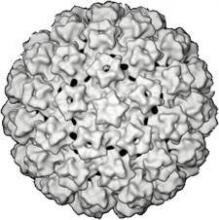Human papillomavirus vaccines do not increase risk of complex regional pain syndrome (CRPS) and postural orthostatic tachycardia syndrome (POTS) in young women, according to a review by the European Medicines Agency.
CRPS, a chronic pain condition affecting a limb, and POTS, a condition in which the heart rate spikes upon sitting or standing, occur at a rate in the general population around 150 per 1 million in young women aged 10-19 years. With HPV vaccines reaching 80 million young women around the world, a significant increase in the rate of CRPS and POTS caused by HPV vaccination could mean thousands of new potential cases of the two conditions.
In a review, the EMA’s Pharmavigilance Risk Assessment Committee found that CRPS and POTS incidence rates were no different in young women who had been vaccinated with HPV, compared with what would be expected in the age group, even after accounting for underreporting.
“Use of these vaccines is expected to prevent many cases of cervical cancer (cancer of the neck of the womb, which is responsible for tens of thousands of deaths in Europe each year) and various other cancers and conditions caused by HPV,” the EMA said in a press release. “The benefits of HPV vaccines therefore continue to outweigh their risks.”
Find the full press release on the European Medicines Agency website.

